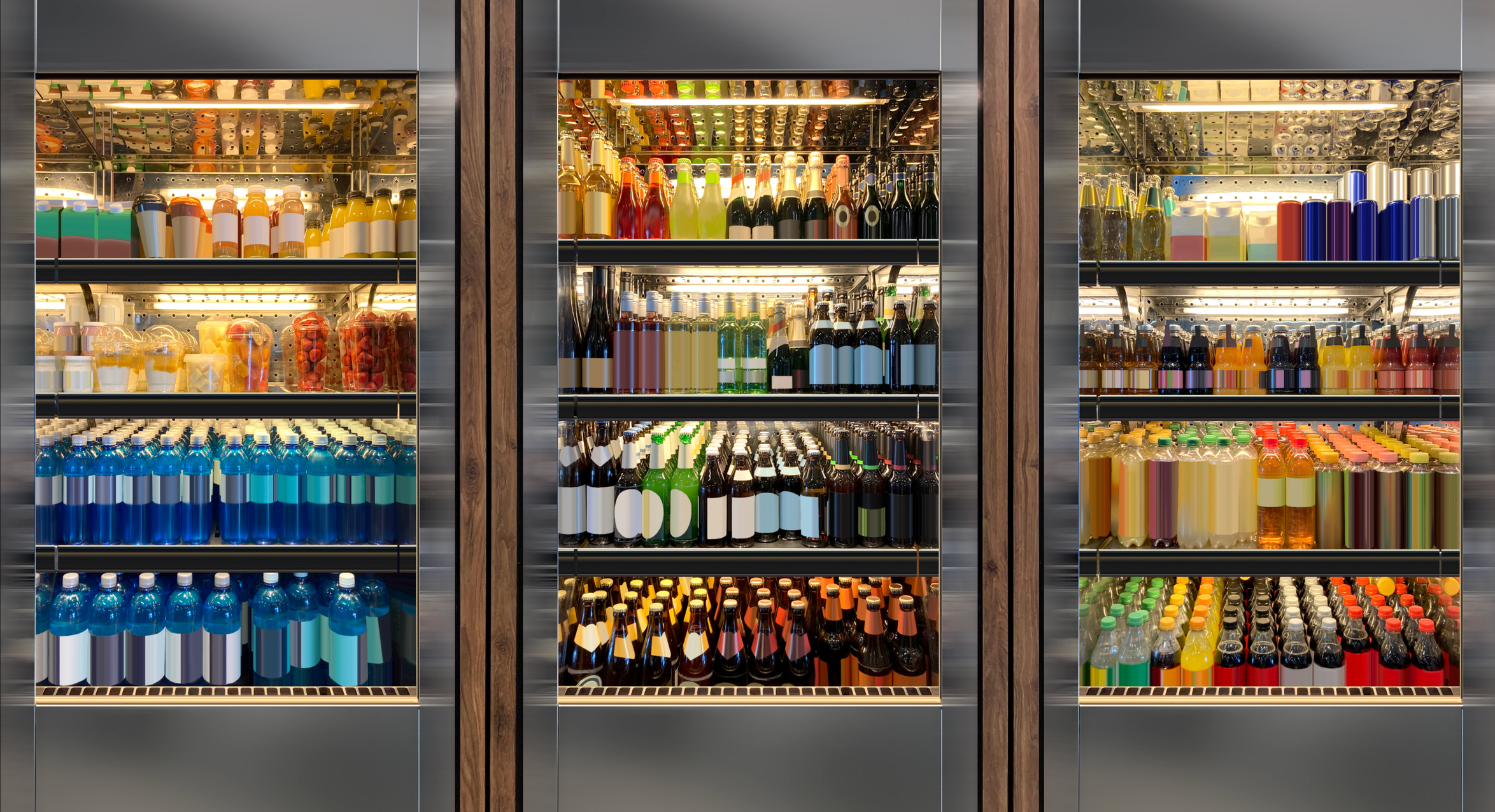Jim Reynolds is leading a vegan beverage brand that generates millions and is backed by notable athletes.
Reynolds’ journey as a founder began in 1997. He had already spent several years on Wall Street before deciding to launch Loop Capital, a full-service investment bank, brokerage, and advisory firm that assists corporate, governmental, and institutional clients, according to its LinkedIn page. Inc. magazine reports that it is the largest Black-owned investment bank globally.
Various deals have landed on the bank’s table, including one surrounding Coco5, a hydration beverage company. Its products are made with balanced sugars and no artificial dyes or flavors. They are also vegan, gluten-free, caffeine-free, and non-GMO. Inc. reports that as a health-conscious person Reynolds had already developed a taste for coconut water by the ’90, and heard about the company in 2011. He would go on to invest in Coco5 in 2015 and join its board.
Over the next decade, Reynolds attracted the backing of notable athletes, including NBA player Devin Booker. By 2021, he sought to expand his involvement with Coco5 and became the majority owner of the company, alongside Booker, buying it from founders Mike Gapski and Scott Sandler. Additional investors who secured stake in the company that year included Derrick Rose, D’Angelo Russell, Charles Barkley, Michael Wilbon, Marcus Morris, and Markieff Morris.
“I knew nothing about the consumer package business, but I knew business, and I knew if I had partners like that, pushing this excellent product, it was likely that it was going to be successful. And it has been,” Reynolds told Inc.
Coco5 has remained on the rise, scaling from availability in 100 retail stores to 4,000, which include Sprouts Farmers Market and Whole Foods. Its success can be credited to its women consumers who make up 70% of purchases. While the company is not yet profitable, it has revenue of nearly $10 million a year. The aim is to continue scaling its presence in the electrolyte drink industry, which is expected to be valued at $74 billion by 2034.
“Our owners don’t need to take money out,” Reynolds explained, according to Inc. “We are committed to growing this brand. We’re at the point where we have what I refer to as excess revenue net of all expenses, which most people would say is net income. We invest that back into building the brand.”


